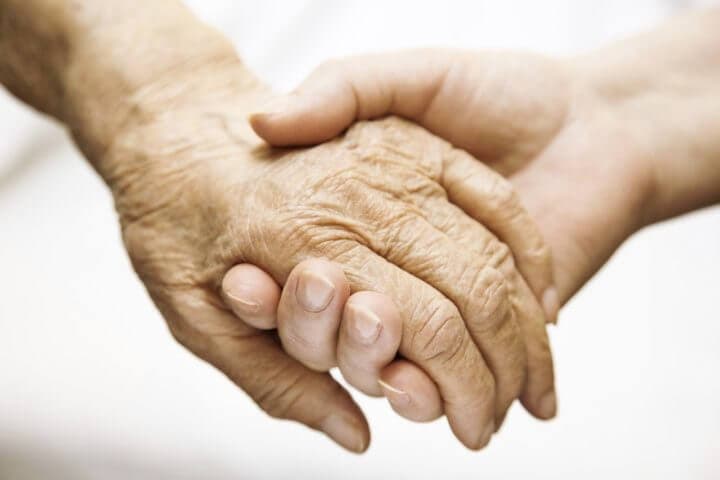Longevity, also known as life expectancy, is the number of years that a person of a certain age can expect to continue living. It is most often used in reference to the old age or age of a living being, for example the longevity of a tree.
Many people want a long life, which allows them to enjoy as much as possible with their loved ones, sharing with them. However, there comes a time when this has to stop: life dies out in bodies and only memories remain.
Faced with such an approach, research has been done about the so "fearful" death, since the hidden truth behind it is vehemently required, and among many unknowns is the following: Does genetics have an impact on longevity or not in reality influences her so much?

Impact of genetics on longevity
Calico Life Science, is a research and development company whose mission is to understand the biology of aging. The company decided to bring together scientists from the online genealogy resource Ancestry , led by Scientific Director Catherine Ball, to use publicly available data to estimate the heritability of human life .
According to research by said company, published in Genetics , it was concluded that the heritability of the duration of life is well below the estimates made previously. That is, for a long time it was believed that genetics was a factor that influenced people's life expectancy, thus thinking that depending on the time our relatives lived, our life span would be longer or shorter. However, genetics have a much smaller influence on lifespan than previously thought, according to this new analysis, where a set of family trees of more than 400 million people were evaluated.

Why don't genetics influence longevity?
Ball (2018) states that "the partnership with Ancestry allowed this new study to gain deeper insight by using a much larger data set than any previous longevity study."
Using an approach that combines mathematical and statistical modeling, the researchers focused on relatives who were born throughout the 19th and early 20th centuries, and found that heritability estimates of longevity for siblings and cousins had no bearing. But, as was also observed in some of the earlier studies, the life span of the spouses was often correlated; in fact, they were more similar than the brothers themselves. This is because spouses suffer from many non-genetic factors, adopted by living in a shared environment.

What really influences longevity?
For a non-genetic example, rich people tend to marry other rich people, that would lead to a correlated longevity, since the living conditions are practically the same. The same would happen with traits more controlled by genetics, such as tall people prefer tall spouses, therefore height is correlated in some way with how long you live. This would also influence estimates of heritability for longevity .
However, clarifying that everything will depend on the lifestyle that people suffer or in some cases, diseases that they have, the new analysis found that the heritability of life expectancy is probably not more than 7%, perhaps even lower ( Ruby et al. 2018).

conclusion
Living longer and better, the dream of many, however, this has very little to do with genetics and the life expectancy of our ancestors or relatives, because in reality it is determined by the combination of different environmental factors and lifestyle of each individual.
References
- Ruby, JG, Wright, KM, Rand, KA, Kermany, A., Noto, K., Curtis, D., Varner, N…. Ball, C. (2018). Estimates of the Heritability of Human Longevity Are Substantially Inflated due to Assortative Mating. Genetics . doi: 10.1534 / genetics.118.301613.
